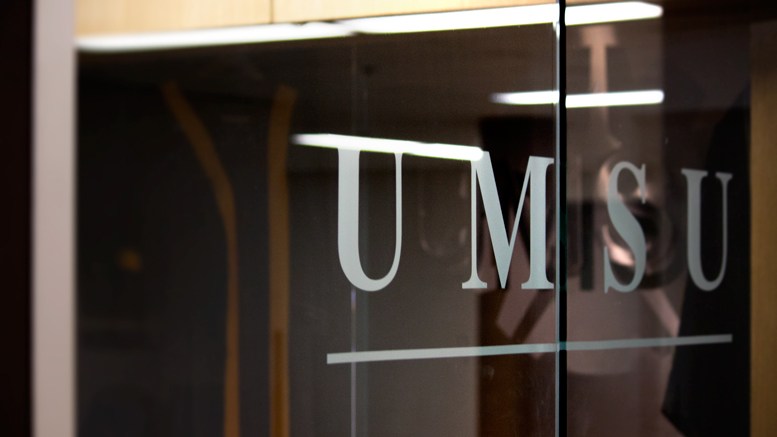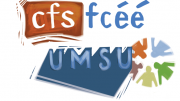UMSU is putting forward a new strategy for providing funding for community groups.
A motion has been put forward by the governance committee suggesting UMSU integrate what the committee is calling the University Community Initiatives Funding (CIF) policy into its student clubs policies.
President Jakob Sanderson said the motion will “likely” be voted on at a board meeting Thursday.
According to Sanderson, out of UMSU’s governance budget, $65,000 goes to student group funding. UMSU’s community group funding comes from a different levy, the services groups levy, which comes out to approximately $100,000 per year, or $4 per student.
About $52,000 of that goes directly to UMSU’s four community groups — the Womyn’s Centre, the Student Accessibility Centre, the University of Manitoba Indigenous Students’ Association and Rainbow Pride Mosaic.
“What we’ve seen is that up until two years ago, we only had three community groups — the accessibility centre’s quite new,” Sanderson said.
“So it used to be that those groups would have about $17,000 each.”
Sanderson said UMSU received a request this summer to implement an international student community group, but also said it had been an idea years in the making — according to Sanderson, 2016-17 international students’ representative Steffan Aganbi put forward the idea first, but it was tabled at that time.
“I’ve met with this year’s international rep, Abubakar [Ibrahim], as well as Chris Otisi, who was last year’s international rep, and Salima Sudi, who is the president of the international students organization,” he said.
“And they’ve requested an international students’ community group, which is very reasonable.”
Sanderson said the current funding plan is problematic because the services groups levy is fixed to inflation and can only be increased with a referendum.
“So without a referendum, every time we add a new community group at UMSU to try to represent more students, the issue is we’re then depleting the funding available to the existing community groups,” he said.
Should the motion pass, the CIF policy would integrate the community group funding into the governance budget, allowing the funding to, as Sanderson said, “expand and contract as UMSU’s board feels appropriate.”
The CIF plan would also remove the designated community group titles entirely, and instead introduce funding for community initiatives.
Sanderson used the funding allotted to the Womyn’s Centre as an example.
“Womyn’s Centre gets the $13,000, but there’s Justice for Women, there’s a women in STEM group, there’s a feminist legal forum, there’s the [University of Manitoba Consciousness-Raising Association of Feminists], like there’s all sorts of different women’ groups on campus that are limited to the student group funding,” he said.
“And so, our plan instead is to have that as community initiative funding that all student groups or students that want to promote the interests of that given community can access freely.”
The plan would also propose to increase funding from $13,000 to $16,000 available to five community initiatives — the four current groups and the international student community.
According to Sanderson, the representatives from those communities would then be responsible for leading regular town halls where community members can show up and vote on where the funding goes, whether or not they are members of student groups.
He added the goal of these proposed changes is two-pronged: extra funding for these community groups and offering the communities further financial autonomy.
“Right now, the community groups’ bank accounts are UMSU bank accounts, so they serve as money in, money out accounts, where at the end of the year if they haven’t used their full funding, because it’s an UMSU bank account, that goes into our retained earnings,” he said.
“So they’re not able to work on long-term progress, they’re not able to invest in any sort of capital, even to the extent that student groups are.”
Sanderson will be holding a presentation on the CIF policy plan on Thursday, and said he hopes if passed, the plan will be a gateway to greater student involvement.
“If a student’s passionate about representing their community, we shouldn’t designate exactly how they should have to do so to be able to get the most funding possible,” he said.
“They should be able to join any student group they want, form any student group they want, or do something as an individual if they want to, and have UMSU be there to support them financially.”
UPDATE: The motion was tabled until Feb. 7 at the Jan. 10 UMSU board meeting.





